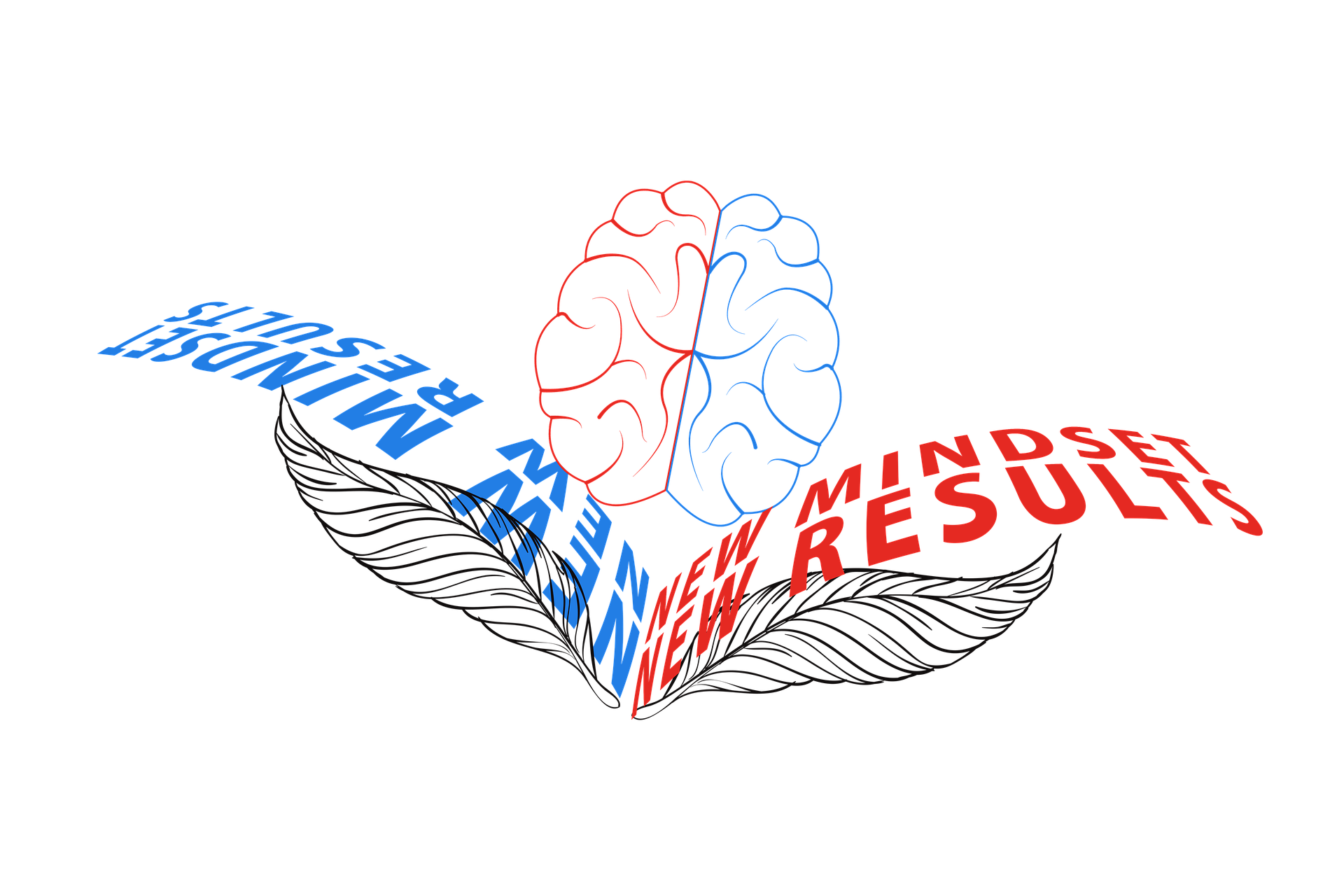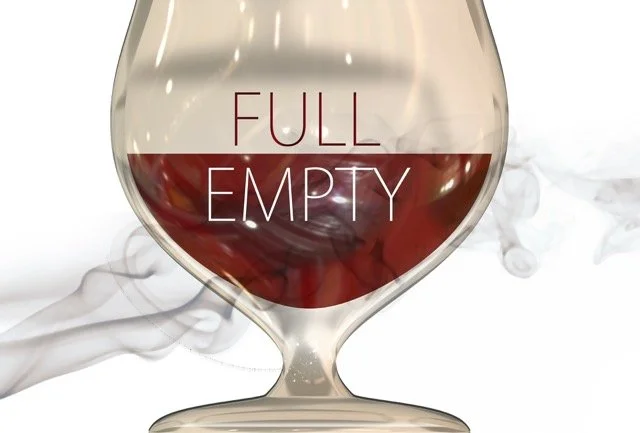Why Mindset Matters
Image from Pixibay.com
Why Mindset Matters
Mindset is defined on Dictionary.com as a fixed attitude, disposition, or mood. An intention or inclination. Mindset describes our orientations to certain things. It's how our brain is wired into default thinking patterns.
Why does mindset matter?
Mindset plays a huge part in how we approach leadership and life. Understanding your mindset means you can better achieve results and offer insight into what isn't working well that you might want to change.
There are many reasons why we prevent ourselves from moving forward. Sometimes we've applied a meaning to something that has happened in the past and turned it into a set of rules or beliefs that we now use in similar situations. That doesn't mean those rules fit or are even relevant to a new situation, but we go on automatic pilot and live through the same behaviour patterns - until we don't.
Mindset matters, as does understanding whether the mindset you hold is useful for the goals you want to achieve. Often the only thing that prevents us from achieving our greatness is ourselves. And that can come down to mindset.
Mindset types
It's important to understand the different types of mindsets that can be at play. Whilst there are a number of orientations we could have, let's focus on three:
Fixed and growth mindset
Possibility and necessity thinking
Optimism and pessimism orientations (glass half full or half empty)
Image from Pixabay.com
Fixed and growth mindsets
In her book, Mindset, Carol Dweck talks about a fixed mindset as that space where we feel we have to keep proving ourselves. She contrasts this with a growth mindset, which is based on the belief that our qualities are things we can cultivate through efforts, strategies, and help from others.
Do you believe you can be or do anything you want if you just put your mind to it? Or, do you believe every step taken will be judged and that others' opinions validate who you are and what you can or should do? The latter belief means you may feel you never quite measure up.
Do you simply need clarity around where to go, then make a decision, commit to doing the work and get on with it? Or, do you lean more toward the belief that your options are limited and question who you are to dream big? Perhaps you think that's for other people?
James Carse also wrote about these distinctions in his book, Finite and Infinite Games, with finite games being those we are familiar with and often play to win. Infinite games, on the other hand, are focused on ensuring the game continues.
So, it's useful to figure out your orientation in any given situation. Do you hold a fixed mindset or a growth mindset? You may hold a growth mindset in some areas of life and a fixed mindset in others. For example, do you apply focus and growth in your career or your chosen field of study but feel you can't possibly change when it comes to your health, fitness, or wellbeing? This orientation can then link back to our values and what we are (and are not) willing to spend time, money, and effort on.
The key thing is to identify and understand which mindset is at play in your leadership journey, and how you might react in different situations.
Possibility and necessity thinking
Another interesting contrast can be to consider whether you are more oriented to possibilities or necessities. The possibility perspective means you are open to what you can do, learn and experience.
A necessity mindset means feeling you must do something. When focused on the thing itself, you don't extend your thinking beyond the task at hand. Things are often done out of a sense of obligation.
When you are in necessity thinking, you do things because you have to rather than because you want to or can see the possibilities of where you might go, do or be.
Image from Pixabay
Glass half-full or half-empty?
Do you know optimistic people whose glass is always half full? Maybe you are one of them? Often these people hold an energy that can feel good to be around. They will usually be possibility thinkers with a growth mindset.
Do you also know people who are more pessimistic in their view of life? They can often see why something won't work or what could catch you out. Sometimes they are referred to as glass-half-empty (often by the glass-half-full people) as they can be a little more intense about things. They often sort information through differences. Sometimes, the glass-half-full people might feel like the half-empty people are bringing the energy down, but someone who thinks this way and is oriented to noticing differences can sometimes save your bacon!
If you are at the optimistic end of the continuum, make sure you consider the possibility of a setback. Plan for this, especially when communicating ideas with others. Unchecked extreme high optimism can sometimes come across as rainbows and unicorns and seem a bit naive and not grounded in reality.
We don't want to exclude or ignore these viewpoints. We need to hear and consider all contributions to the conversation.
There is a knack to using pessimism as a strength. It's all in the delivery of information. Pessimism can sometimes come across as black and white, right or wrong - sometimes it's just a little too judgmental. This is a great time to be curious. Our view is only one of many possibilities, so keep the conversation light and open until you've made an informed decision.
Maintaining a balanced perspective is important here, regardless of which end of the continuum you tend towards.
Self-awareness
Each of the concepts above shows where we might sit on a particular behavioural continuum. Neither end is right or wrong, good or bad - it just is what it is. So understand where you are and your impact on the people and environment around you.
Every position on the continuum has strengths, and each has a flip side, so understand what they are and what they mean for you. Does it create the type of reputation you want, or do you need to work on how you are experienced and interpreted by others?
Remember, it's often less about what we are doing (although sometimes this can be the issue) and more often how we are doing our leadership.
So, what mindset types do you currently hold, and are they allowing you to be experienced in the way that you want?
Need some help
If you would like to understand more about how your mindset is impacting your leadership, we should chat.
Alternatively, you could grab a copy of my book Inside Out: Why Leadership Starts With You.




